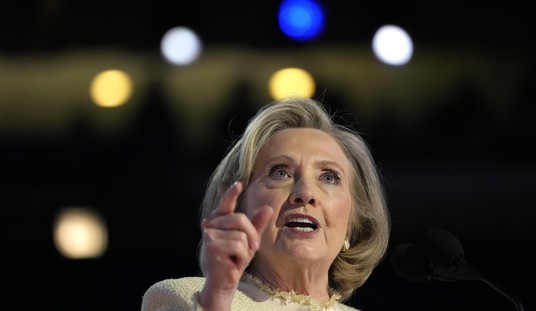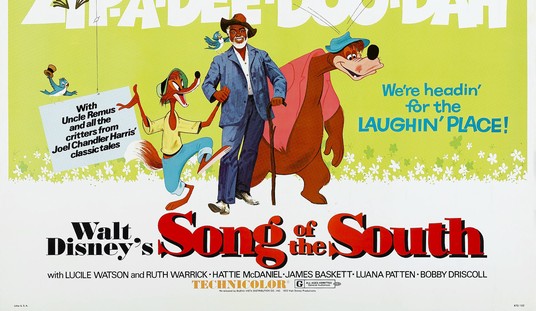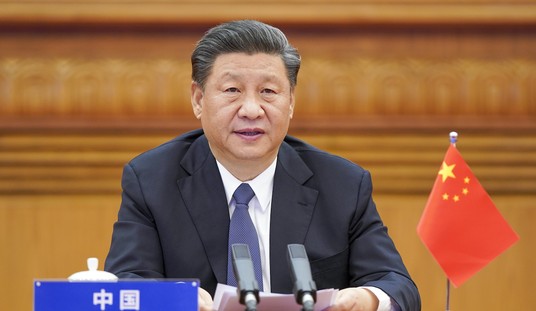In the wake of al-Qaeda’s failed Christmas Day plot to bring down Northwest Airlines Flight 253, several security discussions, once thought closed, ought to be reopened. Among them: this nation’s aversion to “profiling” our adversaries. Opponents of profiling cite the slippery-slope possibilities. We could slide into discriminatory behavior, they forewarn. We must guard against anti-Muslim sentiment, they insist. These worries, however, are likely misplaced. Profiling our enemies wherever they may be — most imperatively, at the location and moment of attack — is not only logical, but ethical.
This year alone, there was the Long Island convert who took aim at Penn Station. There was the Arkansas convert who attacked a Little Rock military recruitment center, killing one U.S. soldier and wounding another. There was the prison convert from Illinois who tried to blow up a federal building in Springfield. A businessman from Chicago tried to attack a Danish newspaper and was later charged with assisting the gunmen who slaughtered dozens in Mumbai, India. An Afghan national, Mr. Zazi, targeted Manhattan landmarks for destruction. A Jordanian national, Mr. Smadi, tried to bring down a skyscraper in Dallas. Shirwa Ahmed and company traveled from suburban Minneapolis to kill innocents in Somalia. Ramy Zamzam and friends left Washington, D.C., likely to do the same in Afghanistan and Pakistan. Then there was November’s massacre at Ford Hood and December’s near-disaster aboard Flight 253.
All these suspects share several common characteristics: 1) they were relatively wealthy; 2) they were highly educated; and 3) they were all Muslim. Stating this aloud does not make one a racist. It proves one to be an empiricist.
Profiling potential threats based upon what someone may believe is not racist. Beliefs, thoughts, and doctrines have nothing to do with “race” — Islam isn’t a race, after all. Our enemies are Arab and Pashtun, African and Asian, brown and sometimes white, men and sometimes women. It is their Islamist fanaticism which binds them together in their epic struggle against the West. They mean what they say and say what they mean. Recognizing this as fact is an essential prerequisite.
A wiser national posture would involve transcending phony multicultural etiquette. On the New York City subway system, there are signs imploring citizens to “remain vigilant” and “report suspicious activity.” This is well and good, but we undermine such vigilance when the federal government itself is beholden to politically correct feel-good nonsense.
But why is our government so hesitant to trust us? Haven’t we proven our tolerance and magnanimity already? After 9/11, was there any sustained retaliatory violence against Muslims? Is there much concrete anti-Muslim backlash today? Did we put Muslims in concentration camps, as Bruce Willis does in The Siege — or as FDR did to Japanese-Americans during World War II? I see Muslims every day. I’ve never seen anyone bother or heckle them. By any historical standard, our national reaction to Islamic terrorism has been tame and prudent.
Americans aren’t asking for a green light to discriminate against Muslims. We simply want security officials to stop asking Grandma to take her clothes off at the airport. The government is willfully violating the privacy and liberties of hundreds of millions of law-abiding citizens, all out of fear of appearing to undercut our own notions of tolerance and diversity — notions our adversaries exploit. Such exploitation makes profiling all the more necessary and morally urgent. Al-Qaeda has been known to use men of varying nationalities — the most recent example, a baby-faced Nigerian — in order to “throw off” our collective suspicions. By profiling suspected terrorists in an intelligent manner, we are simply keeping pace with al-Qaeda’s deadly trickery.
Profiling does not promote bigotry or ignorance either. To the contrary, profiling helps fight ignorance — in that it necessitates greater knowledge about the enemy. Profiling requires Americans to become more learned about Islamic terrorism, which is a good thing, an ethical thing. How many Americans, for instance, could tell the difference between a Sunni jihadist and a Shiite jihadist, or between Arabic and Farsi?
Such knowledge is important, particularly for the civilian who must determine whether or not to act in order to prevent an attack. It’s important for citizens to be able to distinguish between a Hezbollah operative and an al-Qaeda operative, to be able to differentiate between an Abu Sayyaf operative and a Jemmah Islamiyah operative. Americans ought to know what would-be suicide bombers look like on the day of martyrdom (they’re usually clean-shaven and wear Western clothing).
When the government encourages a culture that scorns such profiling, we end up with ignoramuses confusing Sikhism with Salafism, accusing Indian Punjabis of being terrorists because they’re brown, wear turbans, and have beards — and consequently making a mess of it all. In other words, only educated profiling can end racist profiling. It should be encouraged of citizens and institutionalized, in some manner, by the government.









Join the conversation as a VIP Member